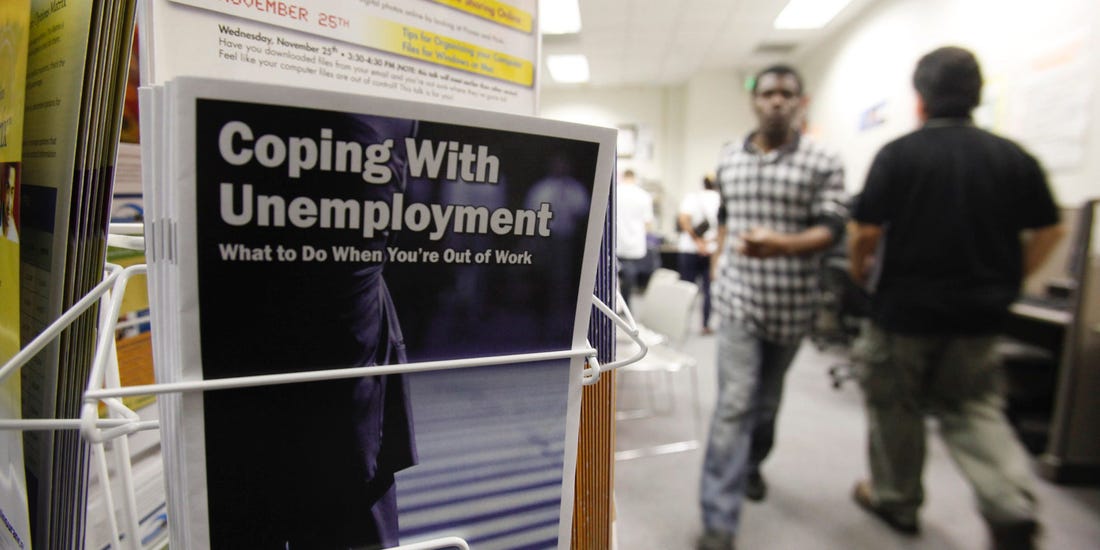“We believe [the pound] is in the process of evolving into a currency that resembles the underlying reality of the British economy: small and shrinking,” wrote BofA strategists Kamal Sharma and Myria Kyriacou.
But what the comparisons make clear is that investors are bracing for a world in which the United Kingdom’s standing is diminished.
“We don’t think there’s any risk that the UK is suddenly going to be viewed as an emerging market,” said Thomas Pugh, UK economist at the research firm Capital Economics. But Brexit and the country’s response to the pandemic, he said, “will weigh on confidence.”
A sagging United Kingdom
The pound has become extremely volatile amid uncertainty about the United Kingdom’s path forward. It’s now trading at $1.26, down more than 15% since the 2016 Brexit referendum.
Bank of America’s Sharma and Kyriacou described its fluctuations as “neurotic at best, unfathomable at worst.” The only currency that investors see as more unstable is the Brazilian real, they noted.
Brexit, they added, isn’t helping. The country’s departure from the European Union “is likely to permanently alter the way in which investors view the pound,” Sharma and Kyriacou said.
Investors also have to stomach concerns about Britain living beyond its means.
These dynamics make Britain vulnerable to a rise in interest rates. Rates are extremely low right now and expected to stay that way for a long time. But a spike in inflation could change that calculus.
Per Sharma and Kyriacou, Britain’s so-called “dual deficit” — its current account deficit and its fiscal deficit taken together — will be wider next year than that of Mexico and Turkey, as well as the G20 average.
Emerging market Britain?
The United Kingdom is still the sixth largest economy in the world. On most counts, it falls squarely into the “developed market” camp.
The British pound makes up 4.4% of the world’s currency reserves, according to data from the International Monetary Fund, suggesting that foreign central banks consider it a safe bet.
Those bond purchases are allowing the UK government to finance its recovery efforts as it borrows record amounts, while supporting demand for UK government bonds, known as gilts.
The yield on the benchmark 10-year bond is 0.14%, reflecting its status as a safe haven. The yield on Mexico’s 10-year bond, for comparison, is 5.76%, while Turkey’s is 12.43%, indicating a much higher risk premium.
“There doesn’t seem to be any … unwillingness to buy and hold UK debt,” UBS economist Dean Turner said. Should demand falter, there’s an expectation that the Bank of England would quickly step in.
Still, there is a growing view that the country’s stature in global markets could be under threat over the longer term.
Britain’s budget watchdog, the Office for Budget Responsibility, said in March — before the country entered lockdown — that it expected economic output to be about 4% lower over the next 15 years than it would have been without Brexit, even if the United Kingdom and the European Union reach a “typical” free trade agreement.
And Britain is not impervious to an emerging market-style currency crisis, if history is any guide.
In 1976, the country — battling a run on the pound triggered by recession and concern about high levels of public spending — was forced to appeal for a nearly $4 billion IMF loan.
“You only have to go [back] to the ’70s when there was last real currency crisis,” Pugh said. “It’s certainly not unheard of.”\




